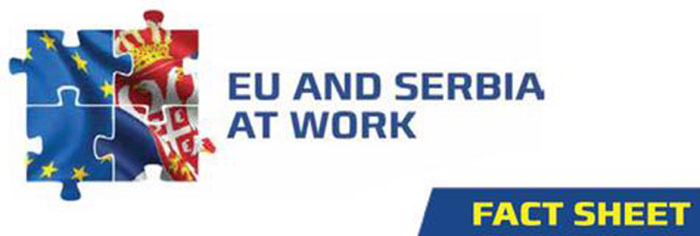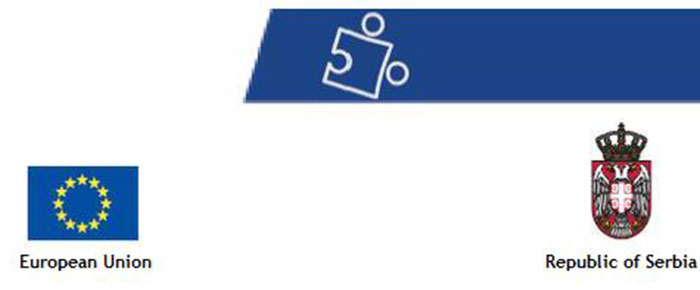
Along with education and social services, the health sub-sector is part of a large social development sector. This sub-sector’s services and measures greatly affect the health of the public and its viability and productivity. The right to health is one of the basic human rights according to the Universal Declaration of Human Rights of the UN from 1948. Only a healthy individual may be a useful member of a community which is why all countries aim at providing the best possible healthcare services to their citizens. Such healthcare systems must be cost-effective, efficient and render quality healthcare fully appreciating human dignity and values. Some studies estimate that healthcare costs related to inactivity, smoking, and obesity will double by 2025. Hence, healthcare system reform is an ongoing process in light of constant technological and civilizational advances.
The EU was first to assist Serbia in 2000 particularly in the health sector, procuring essential medicines for the population in the amount of €33.5 million. Since then, a total of almost €147 million was invested in this sector.
The EU looked at all aspects of a sustainable system: health systems management, health service delivery and pharmaceutical sector assistance including drug control. In other words, Serbia received medicines, equipment for its hospitals and primary health care centres, laboratories, institutes of public health and blood transfusion centres, the largest ever supply of emergency medical vehicles (but many others as well), much technical assistance, equipment for the safe management of healthcare waste, studies and analyses, as well as training at all levels. Thanks to the EU, it now has a modern and well acclaimed Medicines’ and Medical Devices Agency, the Quality Assurance and Accreditation Agency, a National Cancer Screening Office, a School of Public Health, School of Healthcare Management, a National Reference Laboratory for Psychoactive substances and many others….
In some aspects, healthcare system reform is necessary for the EU integration. Such are the issues relevant to prevention against the effects of tobacco smoking, implementation of organised cancer screening, regulations relevant to Substances of Human Origin (SoHO), communicable disease control and reporting, laws relevant to medicines and medical devices, health data collection, e-health and health information as well as rare diseases, patient rights, patient safety and healthcare workforce. The Serbian health authorities must now consolidate efforts to try to abide by the principles upheld by EU Member States. No new financial assistance is planned for the health sector. Sustainability of projects financed to date is closely monitored.
For more information:
Delegation of the EU to the Republic of Serbia
Tel: +381 (0)11 30 83 200
delegation-serbia@eeas.europa.eu

